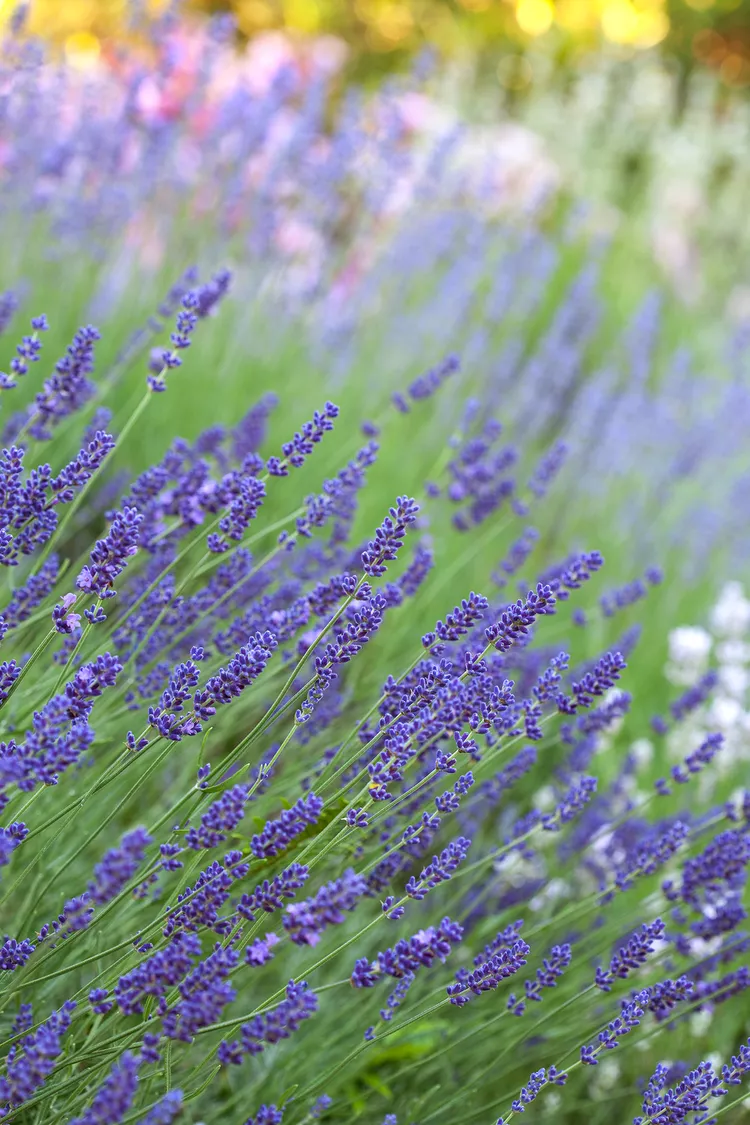In the vast and intricate world of gardening, there exists a tiny yet significant creature that often goes unnoticed until it delivers a surprisingly painful bite - the minute pirate bug. These minuscule insects, barely visible to the naked eye, play a dual - role in our gardens, acting both as a nuisance and a valuable ally.
Minute pirate bugs, scientifically known as Orius species, are part of the Anthocoridae family. Measuring only about 1/16 to 1/8 of an inch in length, they are so small that they can easily blend into the foliage of your garden. Their bodies are typically black with white markings, which gives them a somewhat distinctive appearance if you manage to spot them. But don't let their size fool you; their bites can be quite a shock.
When it comes to the bites of minute pirate bugs, they are not something to be taken lightly. The pain from their bites is often described as a sharp, stinging sensation, similar to that of a mosquito bite but more intense. The reason for these bites is not entirely clear. Unlike mosquitoes, which bite to obtain blood for reproduction, minute pirate bugs are thought to bite humans accidentally. They are primarily predators, and when they come into contact with human skin, they may mistake it for their prey, such as thrips, aphids, and spider mites.
However, despite the discomfort they can cause, minute pirate bugs are incredibly beneficial to the garden. They are voracious predators that feed on a wide variety of garden pests. Thrips, which can damage flowers, fruits, and vegetables by sucking out their juices, are a favorite target of minute pirate bugs. Aphids, another common garden pest that can quickly multiply and infest plants, are also on the menu. By preying on these pests, minute pirate bugs help to keep their populations in check, reducing the need for chemical pesticides.
So, how can we prevent the bites of minute pirate bugs while still allowing them to do their job in the garden? One of the first steps is to be aware of their presence. Since they are most active during the warmer months, especially in late summer and early fall, it's important to take precautions during this time. Wearing long - sleeved shirts and long pants can provide a physical barrier between your skin and the bugs. Light - colored clothing is also recommended, as minute pirate bugs are less attracted to it compared to dark - colored fabrics.
Another effective method is to use insect repellents. Look for repellents that contain DEET, picaridin, or oil of lemon eucalyptus. These ingredients have been proven to be effective in repelling a wide range of insects, including minute pirate bugs. Apply the repellent to exposed skin according to the instructions on the product label.
In the garden, creating a balanced ecosystem can also help. Planting a diverse range of flowers and herbs can attract beneficial insects that can co - exist with minute pirate bugs. For example, dill, fennel, and yarrow are known to attract beneficial insects. These plants can provide a habitat and a food source for minute pirate bugs, encouraging them to stay in the garden and continue their pest - control work.
It's also important to avoid over - using chemical pesticides. While pesticides can kill garden pests, they can also harm minute pirate bugs and other beneficial insects. Instead, opt for natural pest - control methods, such as introducing ladybugs or using neem oil. These methods are less harmful to the environment and can help to maintain a healthy balance in the garden.
In conclusion, minute pirate bugs are a fascinating part of the garden ecosystem. Their bites may be painful, but their role in pest control is invaluable. By taking simple precautions to prevent bites and creating a garden environment that supports their presence, we can enjoy the benefits of these tiny yet powerful insects. So, the next time you're in your garden and feel a sudden sting, remember that it might just be a minute pirate bug doing its part to keep your plants healthy.




















